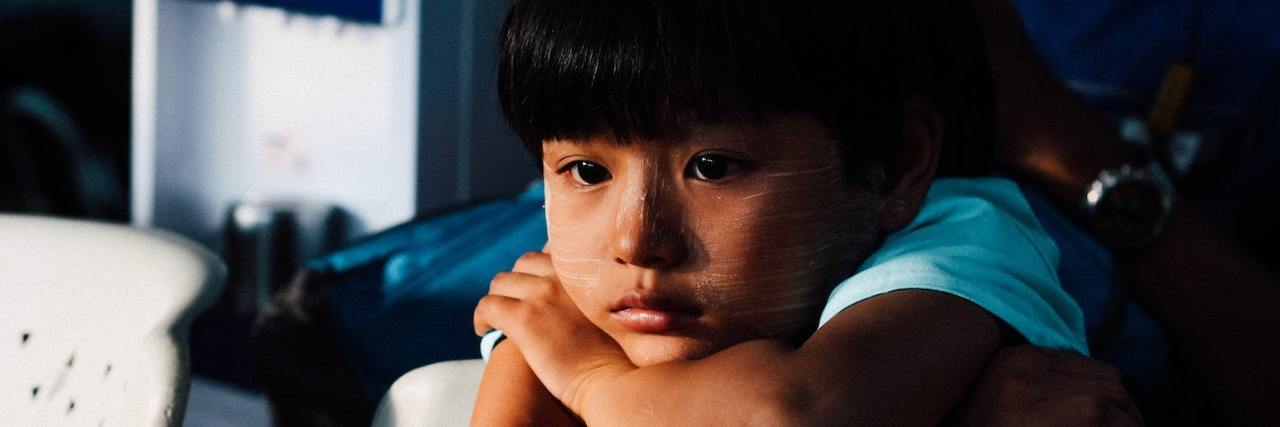Study Suggests People Who Experienced Childhood Trauma May Age Faster
Editor's Note
If you have experienced emotional abuse, the following post could be potentially triggering. You can contact the Crisis Text Line by texting “START” to 741741.
What happened: A study by the American Psychological Association shared on ScienceDaily shows childhood trauma forever changes your body — making it age faster than people who have not dealt with trauma. The researchers said this applies to children who were subjected to abuse and violence. According the results of the research, trauma often led to early puberty, cellular aging and changes in brain structure.
- In the past, researchers had mixed findings in studies looking at the effects of adversity on children. However, although that research focused on many different factors, this new study zeroed in on “threat-related adversity, such as abuse and violence, and deprivation-related adversity, such as physical or emotional neglect or poverty.”
- Scientists came to this new conclusion by doing meta-analysis on nearly 80 studies that all together included more than 116,000 participants.
- A second study used systemic analysis to look at 23 other studies with a total of 3,253 participants.
The lead scientists say the results of this research emphasize the need to offer early intervention to known victims of abuse and violence because early aging as a result of trauma may be the connection between a higher likelihood of later illness.
Exposure to adversity in childhood is a powerful predictor of health outcomes later in life — not only mental health outcomes like depression and anxiety, but also physical health outcomes like cardiovascular disease, diabetes and cancer. — Katie McLaughlin, PhD, associate professor of psychology at Harvard University
The Frontlines: The APA explained that in the United States, childhood trauma is common. These are events that include “sexual abuse, physical abuse, domestic violence, community and school violence, medical trauma, motor vehicle accidents, acts of terrorism, war experiences, natural and human-made disasters, suicides, and other traumatic losses.”
- American children witness community violence at an estimated rate of 39 to 85%. Exposure to sexual abuse sits at about 25 to 43%
- Meanwhile, 60% of adults say they experienced abuse or other difficult family circumstances as a child
- Experts also emphasize that trauma isn’t so much the event itself, but the response to an event where one’s ability to cope is jeopardized
Get more on mental health: Sign up for our weekly newsletter.
A Mighty Voice: Our contributor, Liam Xavier, shared his experience living with childhood trauma, saying, “I am healing. I am healing enough to tell my story and hope that, in some way, someone may have the belief to heal themselves after hearing this. Accept that it is not your fault, that it happened, that you cannot reverse time. Accept that there are people out there to help you.” You can submit your first-person story, too.
From Our Community:
Other things to know: Shining a light on the prevalence of childhood trauma and its effects can help aid the healing process and raise awareness on how to help children recover. Here are more stories from people navigating life after traumatic childhoods:
- How My Childhood Trauma Affects Seemingly ‘Simple’ Choices
- 6 Things to Expect When Healing Childhood Trauma’
- 5 Things Childhood Trauma Survivors Need in Order to Heal
How to take action: Here are several resources that can help you offer support to a child who has gone through a traumatic event, which can help prevent or mitigate the impact of trauma across a lifetime:
Header image via Chinh Le Duc on Unsplash

